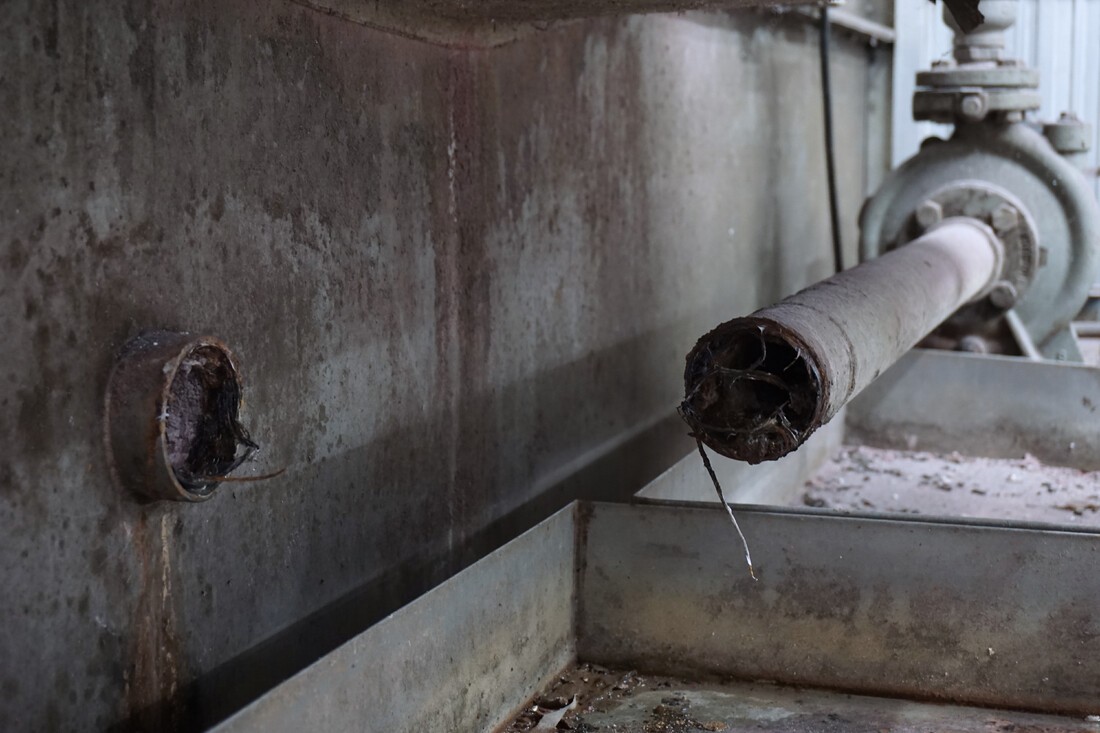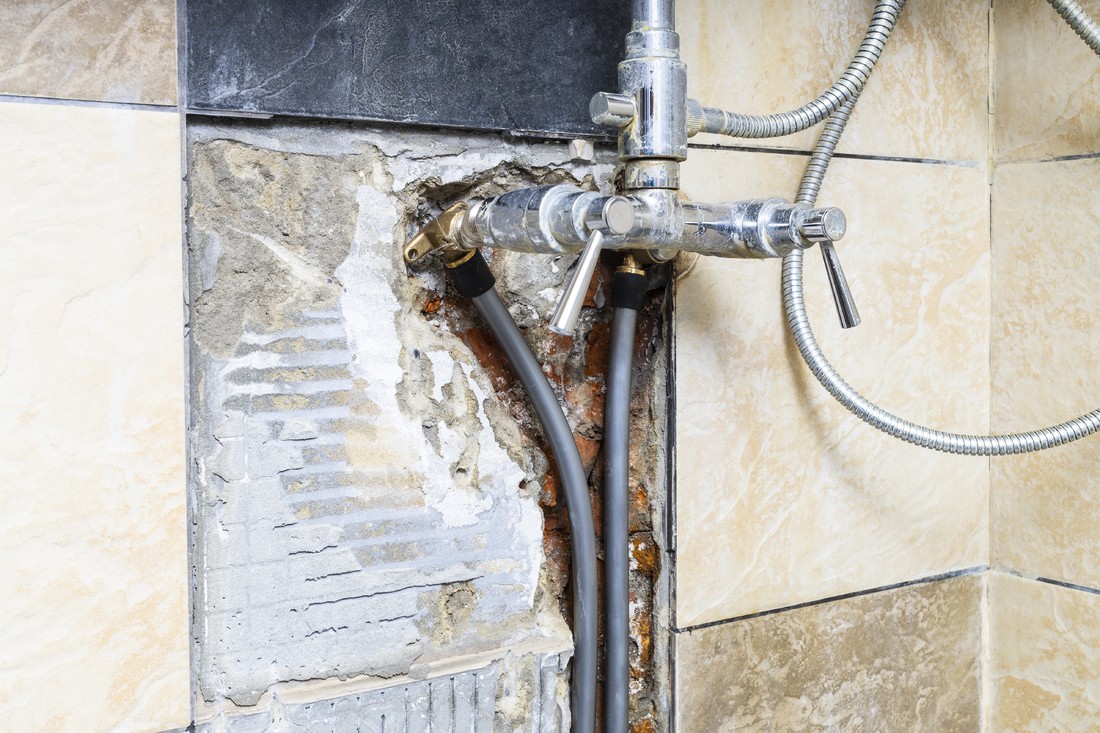
Introduction
Water damage caused by broken pipes can have a significant impact on the structural integrity of a property. It is important to understand the consequences of such incidents and how to address them swiftly and effectively. This article will provide comprehensive information on the topic, covering various aspects related to water damage and structural integrity.
Understanding the Impact of Broken Pipes

When a pipe breaks, it can result in the release of a significant amount of water into the surrounding area. This sudden and excessive water flow can lead to serious damage to the property’s structure, including walls, ceilings, and floors. Additionally, if the water seeps into the foundation or other structural components, it may weaken them over time, compromising the overall integrity of the building.
Besides the immediate damage caused by the water, broken pipes can also lead to secondary issues. For instance, the excess moisture can create an ideal environment for mold and mildew growth, which can further deteriorate the structure and pose health risks to occupants. Furthermore, if the broken pipe is not promptly repaired, it may result in ongoing water leakage, leading to continuous damage and escalating repair costs.
Addressing Plumbing Emergencies and Repairing Broken Pipes
When confronted with a plumbing emergency such as a broken pipe, it is crucial to act quickly to minimize the damage and potential hazards. Here are essential steps to follow:
- Shut off the water supply: Locate the main water shut-off valve and turn it off to stop the flow of water.
- Assess the damage: Evaluate the extent of the water damage and identify any areas that require immediate attention.
- Contact a professional plumber: Reach out to an emergency plumber, such as JGW Group Water Damage Restoration Deerfield Beach, for immediate assistance and expert repair services.
- Document the damage: Take photos or videos of the affected areas for insurance claim purposes.
- Begin water extraction and drying: Use appropriate equipment or seek professional help to remove excess water and initiate the drying process.
- Address mold and mildew concerns: If necessary, consult with a mold removal specialist to ensure proper remediation and prevent further damage.
- Repair or replace the broken pipe: Hire a licensed plumber to fix the broken pipe and address any underlying issues or potential causes.
- Inspect and restore the affected areas: Once the repairs are complete, thoroughly inspect the property to ensure all water damage has been addressed, and restore the affected areas to their pre-damage condition.

Preventing Future Pipe Breaks and Water Damage
While accidents happen, there are preventive measures you can take to reduce the risk of future pipe breaks and water damage. Here are some key tips:
- Insulate exposed pipes in cold weather to prevent freezing and bursting.
- Maintain a consistent temperature in your home or property.
- Regularly inspect pipes for leaks, corrosion, or signs of damage.
- Address any plumbing issues promptly, such as leaks or slow drains.
- Avoid using excessive pressure when tightening or turning off faucets and valves.
Frequently Asked Questions (FAQ)
Q: How can broken pipes impact the structural integrity of a building?
Q: What steps should I take in case of a plumbing emergency involving a broken pipe?
Important Facts and Statistics
- The development of statistics in the exploratory analysis was carried out with pipe breaks between 1995 and … (source)
- Major environmental stressors, such as earthquakes and tremors, cause the most severe pipe damage for properties along geological fault lines. (source)
- Burst pipes tend to be the symptom of another problem, and that problem will also need to be resolved. (source)
- A recent study by Gallet’s group and the Chicago Metropolitan Agency for Planning found that the Chicago area alone is losing 22 billion gallons of treated water per year through leaky pipes. (source)
By understanding the impact of broken pipes on water damage and structural integrity, as well as taking preventive measures, property owners can minimize the risks associated with plumbing emergencies and ensure the long-term stability of their buildings.



